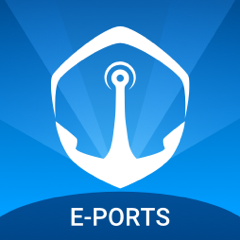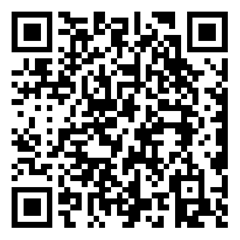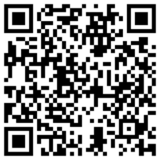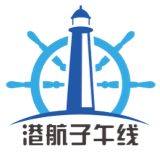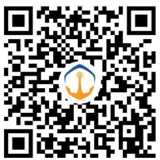Maritime Interception! The U.S. Takes Action Against Iran's Oil Exports 海上拦截!美国对伊朗石油出口“亮剑”
Ⅰ Trump's "Maximum Pressure" Escalates: From Sanctions to Maritime Interception
一、特朗普的“极限施压”升级:从制裁到海上拦截
The Trump administration is considering an aggressive plan to intercept and inspect Iranian oil tankers at sea under the guise of "preventing the proliferation of weapons of mass destruction." According to multiple sources cited by Reuters, the move aims to cut off Iran's oil export lifeline, reducing its crude oil exports to zero and thereby forcing Tehran to abandon its nuclear program.
美国总统特朗普政府正考虑一项激进计划:以“防止大规模杀伤性武器扩散”为名,通过国际协议授权,在公海拦截并检查伊朗油轮。据路透社援引多名消息人士透露,此举旨在切断伊朗石油出口命脉,将其原油出口“归零”,从而迫使德黑兰放弃核计划。
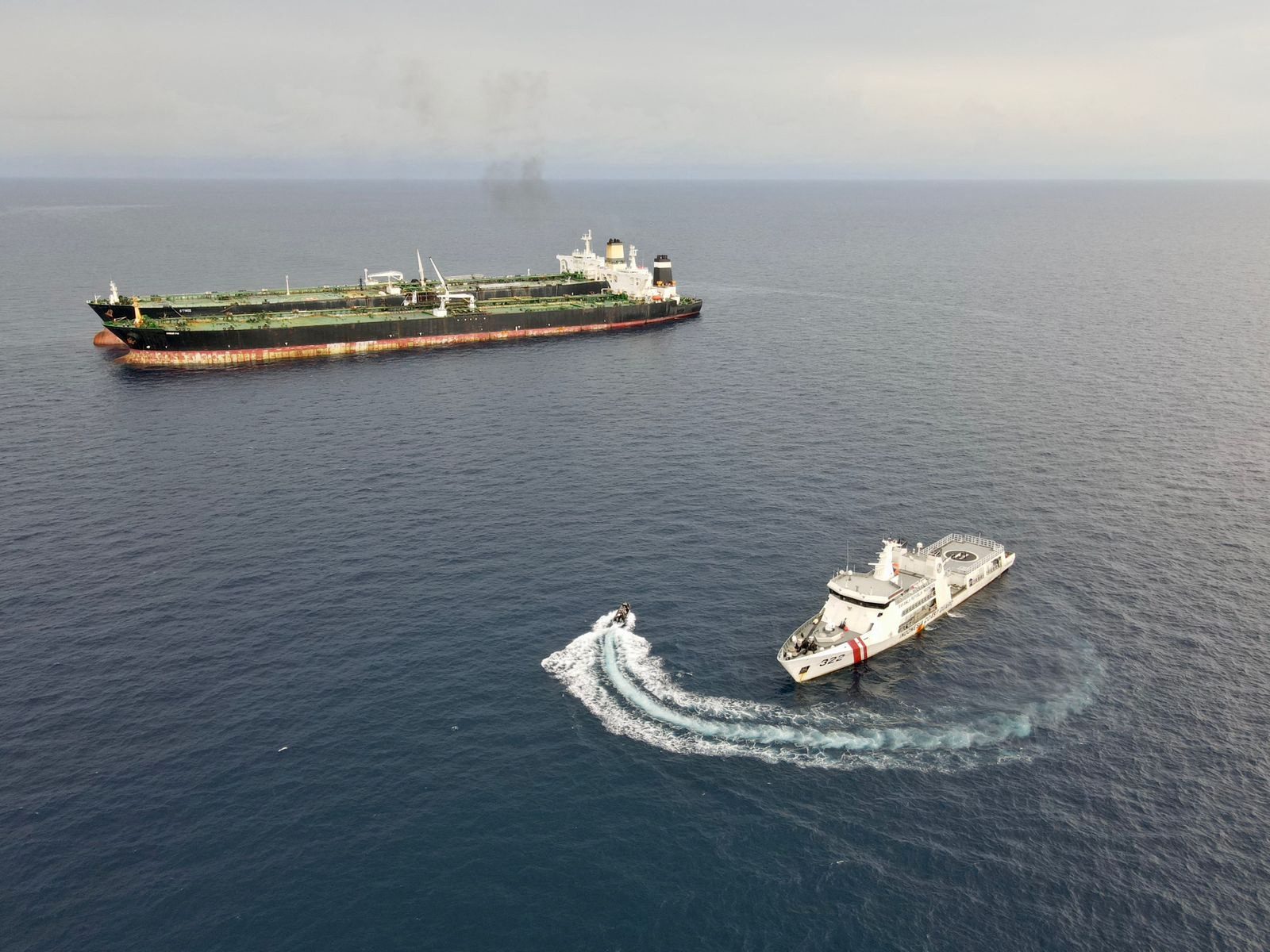
图源网络:巡逻舰在检查悬挂伊朗国旗的超大型原油运输船
Image Credit: Internet
Patrol vessel KN. Pulau Marore-322, patrols to inspect the Iranian-flagged Very Large Crude Carrier (VLCC)
Since the beginning of Trump's second term, the U.S. has launched two rounds of new sanctions against Iran:
在特朗普第二任期伊始已对伊朗发起两轮新制裁:
First Round (February 6): Sanctions were imposed on three crude oil tankers (including one VLCC and two Aframax) and related entities.
Second Round (February 24): The scope of the sanctions expanded to over 30 individuals and 13 vessels, including five VLCCs, three Aframax, and one Panamax tanker. This round of sanctions extended from the upper echelons of the oil industry to overseas brokers and fleets, marking a continued escalation of Trump's "maximum pressure" policy against Iran. The sanctions targeted the "shadow fleet" (old tankers not insured by Western insurers) and related companies. However, similar measures by the Biden administration had limited success—Iran still earned US$53 billion in oil revenues in 2023 through complex smuggling networks. Now, the Trump team is attempting to join forces with allies to set up checkpoints in strategic waterways to move sanctions from "paper" to "practice."
第一轮(2月6日):针对3艘原油油轮(含1艘VLCC、2艘Aframax)及相关实体实施制裁。
第二轮(2月24日):制裁范围扩大至30余名个人及13艘船舶,新增5艘VLCC、3艘Aframax和1艘Panamax油轮。此次制裁范围从石油产业链高层延伸至海外经纪商及船队,标志着特朗普政府对伊朗“极限施压”政策持续升级。制裁对象覆盖阿联酋石油经纪人、印度船运公司等海外中间环节,意图切断伊朗石油供应链的全球网络。
目标直指参与运输的“影子船队”(即未投保西方保险的旧油轮)及相关企业。但此前拜登政府的类似措施收效甚微——伊朗通过复杂走私网络,2023年石油收入仍达530亿美元。如今,特朗普团队试图联合盟友在关键航道设卡拦截,将制裁从“纸面”推向“实战”。
Ⅱ Multinational Interception Mechanism Emerges—The Strait of Malacca in Focus
二、多国拦截机制浮出水面——马六甲海峡成焦点
According to disclosures, the U.S. plans to rely on the Proliferation Security Initiative (PSI), launched in 2003, to implement interceptions in strategic chokepoints such as the Strait of Malacca in Asia. The PSI, led by the U.S. and signed by over 100 countries, allows member states to search suspicious vessels if there is a "reasonable suspicion of transporting prohibited weapons." By delaying delivery times and increasing trade uncertainty, this move aims to strike at Iran's oil supply chain.
根据消息披露,美国计划依托2003年发起的《防扩散安全倡议》(PSI),在亚洲马六甲海峡等战略咽喉要道实施拦截。该倡议由美国主导,全球超100国签署,允许成员国在“合理怀疑运输违禁武器”时搜查可疑船只。此举通过拖延交货时间、增加贸易不确定性,打击伊朗石油供应链。
1. Shipowners, buyers, insurers, and other stakeholders may face reputational risks and secondary sanctions, leading to a surge in transaction costs. Former U.S. Ambassador to the United Nations John Bolton said, "Using the PSI to curb Iran's oil exports is entirely justified," as oil revenues "directly fund Iran's nuclear proliferation and terrorism."
1.船东、买家、保险公司等参与方或面临声誉风险及次级制裁,导致交易成本激增。前美国驻联合国大使博尔顿称,“用PSI遏制伊朗石油出口完全合理”,因石油收入“直接资助伊朗核扩散与恐怖主义”。
2.Impact on Ports and the Maritime Supply Chain
2.对港口及航运上下游的影响:
Strait of Malacca and Surrounding Ports (Singapore Port, Port Klang, Malaysia): According to Caixin on March 6, U.S. government officials are studying the possibility of having allies intercept and inspect Iranian oil tankers passing through maritime chokepoints, including the Strait of Malacca. The Strait of Malacca is a crucial route for about 30% of the world's crude oil transportation. If the U.S. intercepts Iranian tankers here, it will lead to significant delays or rerouting of many tankers. Singapore Port, as the world's largest bunkering and transshipment hub, may face congestion and a decline in logistics efficiency.
Strait of Hormuz and Middle Eastern Ports (Fujairah Port, UAE, and Bandar Abbas Port, Iran): The Strait of Hormuz is the core channel for Iran's oil exports. If intercepted, Iran's crude oil exports will be directly hindered. Fujairah Port in the UAE, an important oil storage and transshipment center in the Middle East, may become a transit point for Iran's "shadow trade" to evade sanctions but also faces the risk of an expanded U.S. sanctions net.
马六甲海峡及周边港口(新加坡港、马来西亚巴生港):财联社3月6日电,知情人士称,美国政府官员正研究让盟国拦截并检查驶过航运要塞的伊朗油轮,其中包括马六甲海峡。马六甲海峡是全球约30%原油运输的必经之路,美国若在此拦截伊朗油轮,将导致大量油轮延误或绕行。新加坡港作为全球最大燃油加注港和转运枢纽,可能面临拥堵和物流效率下降。
霍尔木兹海峡及中东港口(阿联酋富查伊拉港、伊朗阿巴斯港):霍尔木兹海峡是伊朗石油出口的核心通道,若受拦截,伊朗原油出口将直接受阻。阿联酋富查伊拉港作为中东重要油品储存和中转中心,可能成为伊朗规避制裁的“影子贸易”中转站,但也面临美国制裁扩大的风险。
Ⅲ Iran's Forceful Retaliation: Historical Lessons and Current Threats
三、伊朗强硬反击:历史教训与当前威胁
Iranian President Masoud Pezeshkian publicly accused the U.S. on March 2 of "seizing several Iranian oil tankers, causing delays in unloading," and imposing sanctions on many ships at sea, leaving them uncertain about how to offload their oil and gas cargoes. He hinted that Iran might have already taken countermeasures.
Historical experience shows that the U.S.-Iran maritime confrontation is highly prone to escalation. For example, in 2023, after the Biden administration intercepted Iranian oil tankers, Iran retaliated by seizing several foreign vessels (including a tanker chartered by Chevron), causing a spike in international oil prices. If the U.S. escalates its actions, Iran may blockade the Strait of Hormuz or attack allied tankers, leading to a severe shock to the global energy market.
伊朗总统佩泽希基扬3月2日公开指责美国“扣押多艘伊朗油轮,导致卸货受阻”,制裁在海上行驶的许多船只,使他们不确定如何卸载石油和天然气货物,暗示伊方可能已采取反制措施。
历史经验显示,美伊海上博弈极易擦枪走火,例如,2023年拜登政府拦截伊朗油轮后,伊朗报复性扣押多艘外国船只(包括公司租用油轮),引发国际油价飙升。若美国升级行动,伊朗可能封锁霍尔木兹海峡或袭击盟友油轮,导致全球能源市场剧烈震荡。
Ⅳ Low Oil Price Window: Why the U.S. Is "Drawing the Sword" Now
四、低油价窗口:美国为何此时“亮剑”?
Ben Cahill, an energy analyst at the University of Texas, pointed out that the current low oil price environment (below US$75 per barrel) provides the U.S. with room for action. "If prices remain below US$75 per barrel, the White House will have more leeway to consider sanctions that affect oil supplies from Iran and other countries. It would be much more difficult in a US$92 per barrel environment," he said. He indicated that the U.S.'s aggressive actions might reduce Iran's exports by about 750,000 barrels per day in the short term, but the long-term effectiveness is questionable as Iran and buyers will find ways to circumvent the sanctions.
Short-term Effect: Aggressive sanctions may reduce Iran's exports by 750,000 barrels per day, but the long-term efficacy is doubtful (Iran and buyers will seek new ways to evade sanctions).
Alternative Solutions: The U.S. is pressuring Iraq to restart Kurdish regional oil exports to fill the gap left by Iran. If negotiations fail, Iraq may face sanctions alongside Iran.
得克萨斯大学能源分析师本·卡希尔指出,当前低油价环境(低于75美元/桶)为美国提供了行动空间,如果价格保持在每桶75美元以下,白宫将有更大的余地考虑影响伊朗和其他国家供应的制裁。在每桶92美元的环境下,这将更加困难。”他表示,美国的激进行动可能会在短期内将伊朗的出口量减少约每天75万桶,但制裁持续的时间越长,其效果就越差,因为伊朗和买家会找到规避制裁的方法。
短期效果:激进制裁或使伊朗出口日减75万桶,但长期效力存疑(伊朗与买家将寻求新规避手段)。
替代方案:美国正施压伊拉克重启库尔德地区石油出口,以填补伊朗缺口。若谈判失败,伊拉克或与伊朗同遭制裁。
Ⅴ How to Break the Deadlock? The Global Energy Order Faces Restructuring
五、如何破局?全球能源秩序面临重构
European Contradictions: Although Nordic countries have warned of the environmental risks posed by "high-risk vessels" near their coasts, Europe has been slow to act on inspecting Russian oil tankers and is even less inclined to get involved in the Iranian issue. Iran relies on oil exports to China for vital revenue. Russia, which also faces restrictions on oil exports and broader Western sanctions, is similarly focused on shipping oil to buyers in China and India. Finland and other Nordic countries have repeatedly warned of the dangers of ships sailing close to their shores and the environmental risks of oil spills in the event of accidents.
China's Key Role: As the largest buyer of Iranian oil (accounting for over 90% of its export revenue), China's stance will directly affect the effectiveness of the sanctions. According to estimates from the U.S. Energy Information Administration, despite years of U.S. sanctions, Tehran's oil exports generated US$53 billion in revenue in 2023 and US$54 billion the previous year, largely due to trade with China. Whether the U.S. can exert pressure remains to be seen.
欧洲矛盾:尽管北欧国家警告“高风险船只威胁海岸环境”,但欧洲对检查俄罗斯油轮尚且行动迟缓,更无意介入伊朗问题。伊朗依赖向中国出口石油来获取重要收入。俄罗斯也面临着石油出口限制和更广泛的西方制裁,同样专注于向中国和印度的买家运送石油。芬兰和其他北欧国家近几个月来一直警告称,船只靠近其海岸航行存在危险,以及如果发生事故,石油泄漏对他们海岸造成的环境风险。
中国关键作用:作为伊朗石油最大买家(占其出口收入90%以上),中国态度将直接影响制裁效果。根据美国能源信息署的估计,尽管近年来美国实施了制裁,但德黑兰的石油出口在2023年带来了530亿美元的收入,前一年带来了540亿美元的收入,这主要得益于与中国的贸易。美方能否施压,仍是未知数。
Ⅵ Conclusion: Every Tanker Is a Geopolitical Chip!
六、结语:每一艘油轮都是地缘政治的筹码!
As the U.S. targets oil tankers sailing in international waters with sanctions, the global shipping industry is being pushed to the front line of geopolitical confrontation. The International Chamber of Shipping (ICS) has warned that if the U.S. and Iran engage in a tanker seizure battle in the Gulf of Oman, the global benchmark tanker index (BDTI) could soar by 200% in a single day. Every VLCC (Very Large Crude Carrier) crossing the conflict zone could become a living case for rewriting the United Nations Convention on the Law of the Sea. This maritime confrontation reveals a harsh reality: In the 21st-century energy power struggle, the endpoint is not in the oil fields but in the maritime trajectories of every drop of crude oil shipped across the oceans.
当美国将制裁武器瞄准公海航行的油轮,全球航运业正被推向地缘博弈的前线。国际航运协会(ICS)警告,若美伊在阿曼湾爆发油轮扣押战,全球基准运价指数(BDTI)或单日暴涨200%。每一艘穿越冲突海域的VLCC(超大型油轮),都可能成为改写《联合国海洋法公约》的活体案例。这场海上暗战揭示了一个残酷的现实:21世纪能源权力争夺的终点不在油田,而在每一滴原油漂洋过海的航运轨迹中。
总体而言,美国的这一计划虽旨在进一步孤立伊朗,但其实施效果和国际社会的反应仍存在诸多不确定性。在复杂多变的国际航运环境中,如何保持竞争力并实现可持续发展,将是航运业未来的关键课题。
